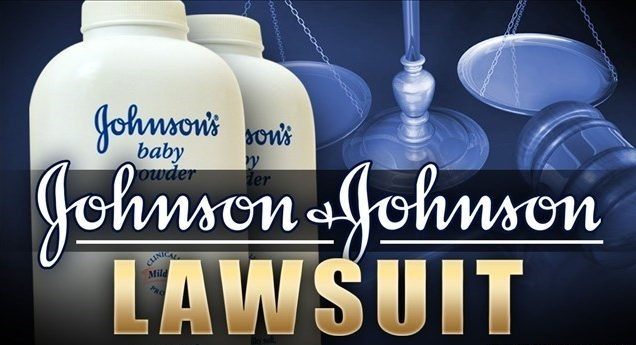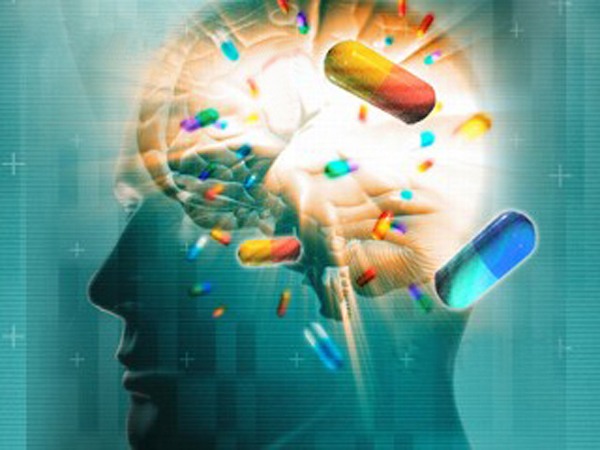Johnson and Johnson Has Paid $BILLIONS in Criminal Settlements and Never Produced a Vaccine Before – Why Would We Trust Them for a New Experimental COVID Vaccine?
From its humble beginnings in the 1880s, making cotton gauze dressings and eventually band aids, baby powder and shampoo, J&J has expanded into one of the most powerful multinational pharmaceutical and medical device companies in the world. But how is it that a drug and household health product company, with no prior history in vaccine development, can develop and rush to market its first vaccine against a viral strain that was only identified 14 months ago? Developing a vaccine requires many years and necessitates the establishment of an R&D infrastructure vastly different than conventional drug development. The other major companies developing Covid-19 vaccines have been in the business for decades. But not J&J. There is something more to this story that demands investigation. And if the company’s long rap sheet offers any warning, it is that we must be wary of any claims J&J publicly states about the efficacy and safety of its products. Especially when the pandemic promises to increase the profits of numerous shareholders.





